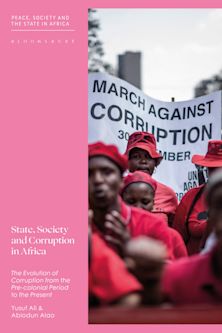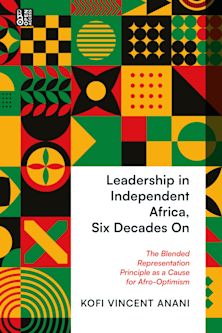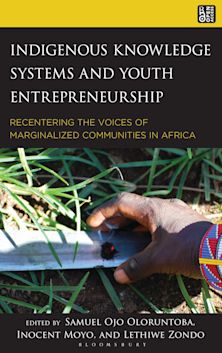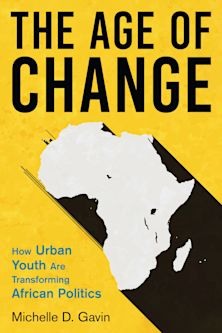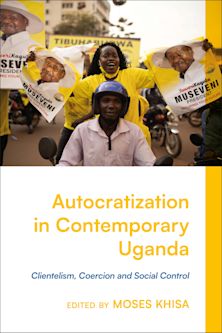Presidents for Life in Sub-Saharan Africa
Unpuzzling Authoritarianism in Zimbabwe and Rwanda
Presidents for Life in Sub-Saharan Africa
Unpuzzling Authoritarianism in Zimbabwe and Rwanda
Description
Teresa Nogueira Pinto analyzes how Robert Mugabe and Paul Kagame developed narratives to legitimize and entrench their power in Rwanda and Zimbabwe.
From South America to Eastern Europe, semi-authoritarian leaders often deploy strategies of power legitimation rooted in historical legacies, political institutions, legal and constitutional frameworks, economic conditions, and shifting regional and international dynamics. This framework is particularly pertinent in an era when authoritarianism is evolving and liberal democracy is facing a prolonged period of decline. In Presidents for Life in Sub-Saharan Africa: Unpuzzling Authoritarianism in Zimbabwe and Rwanda, Pinto examines how Robert Mugabe and Paul Kagame used these strategies in their personalized, semi-authoritarian, and resilient regimes in Sub-Saharan Africa as well as how their claims to legitimacy were challenged by opponents and civil society. She emphasizes that these strategies are not developed in isolation but have, instead, emerged from leaders' continuous interactions and negotiations in legal, political, and economic spheres. Recognizing that the legitimation of power operates across different dimensions, this book adopts a multidimensional approach to show how authoritarian leadership is constructed and challenged. Through comparison of these two African leaders, this book unveils the tactics used by authoritarian leaders to consolidate power and navigate threats to their authority.
Table of Contents
List of Tables
Introduction
Chapter One: Constructing Usable Pasts in Zimbabwe and Rwanda
Chapter Two: Liberation Credentials and the Politics of Exclusion in Zimbabwe
Chapter Three: Consensual Democracy and Constitutional Engineering in Rwanda
Chapter Four: Economic Performance and the Legitimation of Power
Chapter Five: Civil Society in Zimbabwe and Rwanda: Contentious vs. Co-opted Public Spheres
Chapter Six: Strategies of Power Legitimation in the Regional and International Spheres
Conclusion: Unpuzzling Power Legitimation Strategies
References
About the Author
Index
Product details

| Published | Nov 13 2025 |
|---|---|
| Format | Ebook (Epub & Mobi) |
| Edition | 1st |
| Extent | 290 |
| ISBN | 9781978764088 |
| Imprint | Bloomsbury Academic |
| Illustrations | 6 bw illus & 1 table |
| Series | African Governance, Development, and Leadership |
| Publisher | Bloomsbury Publishing |
Reviews

ONLINE RESOURCES
Bloomsbury Collections
This book is available on Bloomsbury Collections where your library has access.















